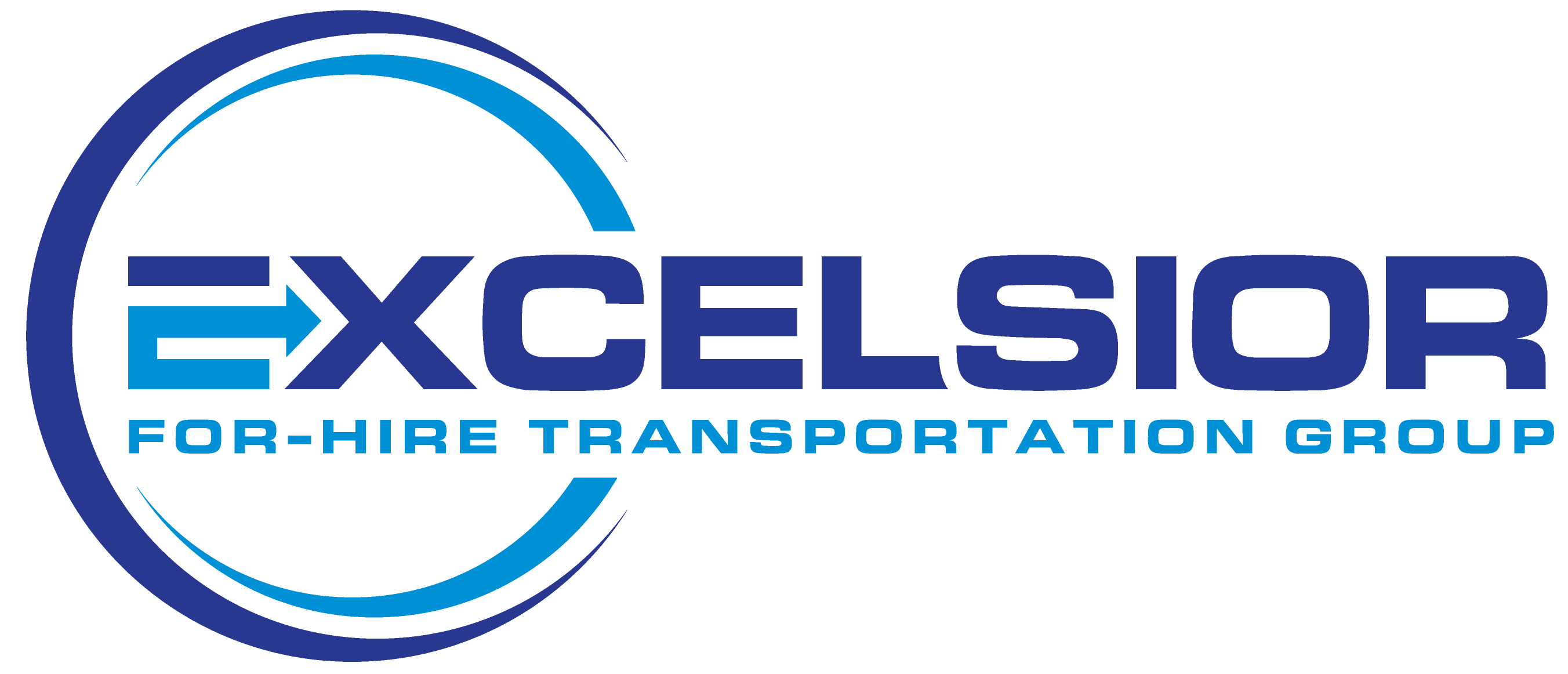Blog

Understanding Traffic Ticketing: What You Need to Know
Aug 25, 2023 | 10.30 AM
Getting a traffic ticket can be a frustrating and costly experience. However, it’s essential to remember that traffic ticketing serves a vital purpose: to promote road safety. In this blog post, we’ll dive into the world of traffic ticketing, exploring what it is, how it works, and what steps you can take if you receive one.
What is a Traffic Ticket?
A traffic ticket is a formal notice issued by a law enforcement officer for violating traffic laws. These violations can range from speeding and running red lights to more severe offenses like reckless driving or driving under the influence.
Types of Traffic Tickets
Speeding Tickets: These are among the most common traffic tickets. They’re issued when you exceed the posted speed limit.
Parking Tickets: Typically given when you violate parking regulations, such as parking in a no-parking zone or exceeding the allowed time limit in a parking meter.
Moving Violations: These include a range of offenses like running stop signs, failing to yield, and not using turn signals.
Equipment Violations: Tickets for issues like broken tail lights or expired license plates fall under this category.
Serious Violations: This encompasses severe offenses like driving under the influence, reckless driving, and driving without a valid license.
How Traffic Ticketing Works
Issuance: An officer will pull you over if they witness a traffic violation. They’ll then issue you a ticket, which details the violation, date, time, and location.
Payment and Penalties: Traffic tickets typically come with fines. The amount can vary depending on the violation and your location. Failure to pay the fine may result in late fees or even a suspension of your driver’s license.
Points on Your Record: Many violations result in points being added to your driving record. Accumulating too many points can lead to higher insurance rates or even license suspension.
What to Do If You Get a Traffic Ticket
Assess the Situation: Read the ticket carefully to understand the violation, fine, and any court dates. Note the deadline for payment or contesting the ticket.
Options: Typically, you have three options:
- Pay the Fine: Admit guilt and pay the fine promptly.
- Traffic School: In some cases, attending traffic school can prevent points from being added to your record.
- Contest the Ticket: If you believe the ticket was issued unfairly, you can contest it in court.
Consult an Attorney: If you decide to contest the ticket, consider consulting a traffic attorney who can provide legal advice and represent you in court.
Attend Your Court Date: If you contest the ticket, make sure to attend your court date prepared with any evidence or witnesses to support your case.
Conclusion
Traffic ticketing is a part of responsible road management aimed at ensuring safety for all. While receiving a ticket can be frustrating, it’s essential to understand your rights and options. Whether you choose to pay the fine, attend traffic school, or contest the ticket, taking appropriate action can help you navigate the situation and, in some cases, mitigate the consequences. Remember, safe and responsible driving is the best way to avoid traffic tickets altogether.



